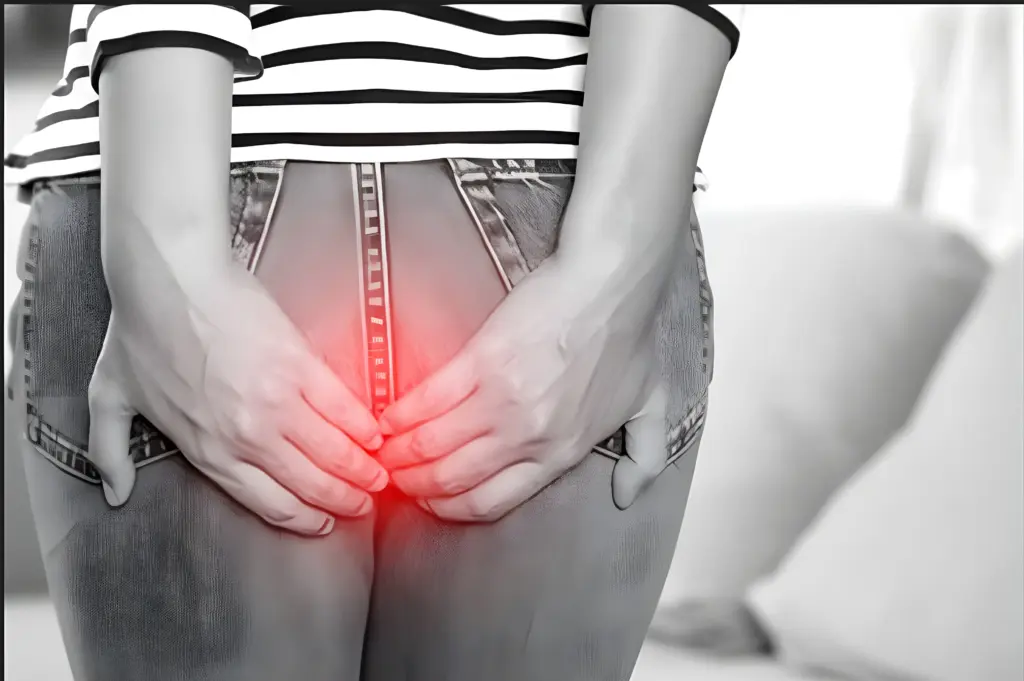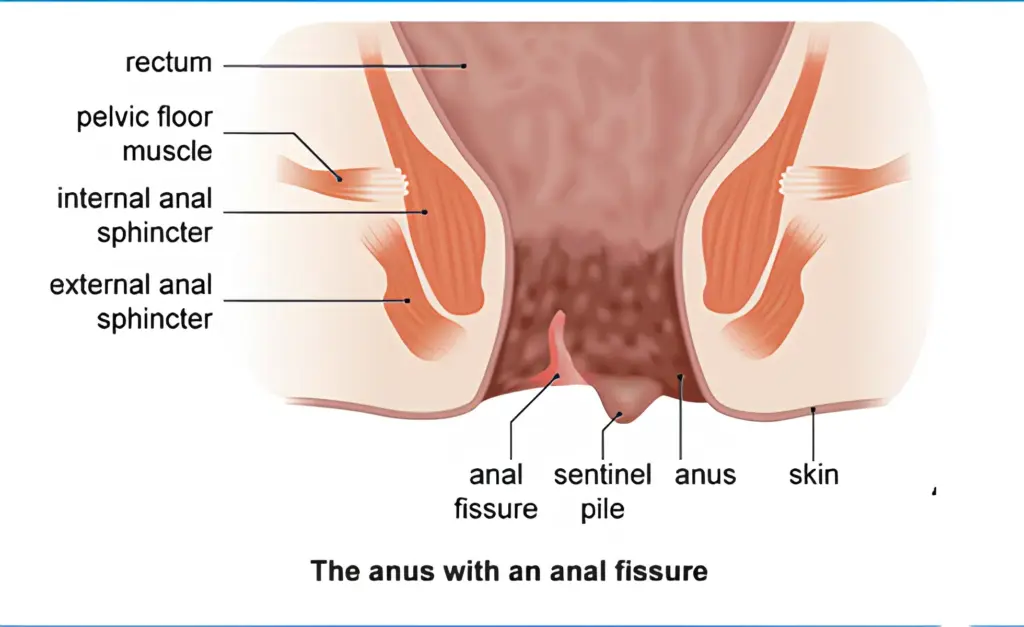
Understanding Anal Pain: Causes, Symptoms, and How to Manage It
Anal pain, also known as proctalgia, is a common yet often overlooked condition that can cause significant discomfort and distress. Whether it’s a sharp, sudden pain or a persistent ache, anal pain can interfere with daily life and may be a sign of an underlying health issue. For those in the UK experiencing this condition, understanding the causes, symptoms, and treatment options is crucial to finding relief and maintaining good health. At Chase Lodge Hospital, we are committed to providing expert care and guidance to help you manage and overcome anal pain effectively.
What is Anal Pain?
Anal pain refers to any discomfort or pain felt in the anus or rectum. It can range from mild irritation to severe, debilitating pain. The condition can be acute, lasting for a short period, or chronic, persisting for weeks or even months. While it’s a sensitive topic, it’s important to address it openly, as untreated anal pain can lead to complications.
Types of Anal Pain
There are several types of anal pain, each with its own characteristics:
- Proctalgia Fugax: This type of pain is sudden and severe, often described as a cramping sensation in the rectum. It typically lasts for a few seconds to minutes and then disappears.
- Levator Ani Syndrome: A chronic condition characterised by a dull, aching pain in the rectum, often caused by muscle spasms in the pelvic floor.
- Proctodynia: This refers to a burning or aching pain in the anus, usually caused by irritation or inflammation of the skin around the area.
- Anal Fissures: Small tears in the lining of the anus, often caused by passing hard stools, can lead to sharp pain during bowel movements and even painful anal bleeding.

Common Causes of Anal Pain
Anal pain can stem from a variety of causes, some of which are more serious than others. Understanding these causes is the first step toward effective treatment:
- Constipation or Diarrhoea: Straining during bowel movements or frequent diarrhoea can irritate the anal area, leading to pain.
- Haemorrhoids: Swollen veins in the anus or rectum are a common cause of discomfort, especially during bowel movements.
- Anal Fissures: These small tears in the anal lining are often caused by trauma, such as passing large or hard stools.
- Infections: Bacterial or fungal infections in the anal area can cause pain, swelling, and itching.
- Inflammatory Bowel Disease (IBD): Conditions like Crohn’s disease or ulcerative colitis can cause inflammation in the rectum, leading to pain.
- Proctitis: Inflammation of the rectum, often caused by infections, radiation therapy, or sexually transmitted infections, can result in discomfort.
- Anal or Rectal Cancer: While rare, persistent anal pain accompanied by bleeding or weight loss should be evaluated by a healthcare professional.
Symptoms to Watch For
The symptoms of anal pain can vary depending on the underlying cause. Common signs include:
- Pain or discomfort in the anus, especially during bowel movements.
- Painful anal bleeding, which may be bright red and noticeable on toilet paper or in the toilet bowl.
- Itching, swelling, or irritation around the anus.
- A feeling of fullness or pressure in the rectum.
If you experience any of these symptoms, particularly if they persist or worsen, it’s important to seek medical advice. At Chase Lodge Hospital, our specialists are here to help diagnose and treat your condition with care and expertise.
Diagnosing Anal Pain
If you’re experiencing anal pain, a healthcare professional will typically begin with a physical examination. They may also recommend additional tests, such as:
- Anoscopy: A procedure that allows the doctor to visually examine the inside of the anus and rectum.
- Sigmoidoscopy: A more detailed examination of the lower portion of the large intestine.
These tests help identify the underlying cause of the pain and guide appropriate treatment.
Treatment Options
Treatment for anal pain depends on the cause and severity of the condition. Common approaches include:
- Lifestyle and Dietary Changes: Increasing fibre intake, staying hydrated, and avoiding straining during bowel movements can help prevent constipation and reduce pain.
- Medications: Over-the-counter pain relievers, stool softeners, or topical creams can provide relief. For infections, antibiotics or antifungal medications may be prescribed.
- Warm Baths: Soaking in a warm bath (sitz bath) can help relax the muscles and ease discomfort.
- Surgical Options: In cases of severe haemorrhoids or anal fissures, minor surgery may be required to remove or repair the affected tissue.
For those wondering how to make anal less painful, especially during sexual activity, using proper lubrication, communicating with your partner, and taking things slowly can help prevent discomfort.
When to See a Doctor
While mild anal pain may resolve on its own, certain symptoms warrant immediate medical attention:
- Persistent or severe pain.
- Painful anal bleeding that doesn’t stop.
- Unexplained weight loss or fatigue.
- If this is your anal pain first time and you’re unsure of the cause.
Ignoring these symptoms can lead to complications, so it’s always better to err on the side of caution. At Chase Lodge Hospital, our team of specialists is equipped to provide accurate diagnoses and personalised treatment plans to address your concerns.
Prevention Tips
Preventing anal pain often comes down to maintaining good bowel habits and overall health:
- Eat a high-fibre diet to keep stools soft and easy to pass.
- Drink plenty of water to stay hydrated.
- Avoid prolonged sitting on the toilet, as this can increase pressure on the anal area.
- Practice good hygiene to prevent infections.
- If engaging in anal play, use plenty of lubrication and communicate openly with your partner to make anal less painful.
Conclusion
Anal pain is a treatable condition, but it’s important to address it promptly to avoid complications. By understanding the causes, recognising the symptoms, and seeking appropriate treatment, you can find relief and improve your quality of life. If you’re experiencing persistent or severe anal pain, don’t hesitate to consult a healthcare professional.
At Chase Lodge Hospital, we are dedicated to providing compassionate and expert care for all your health needs. To learn more about our services or to book an appointment, visit our website or contact us today.
For more information, visit the NHS page on anal pain.